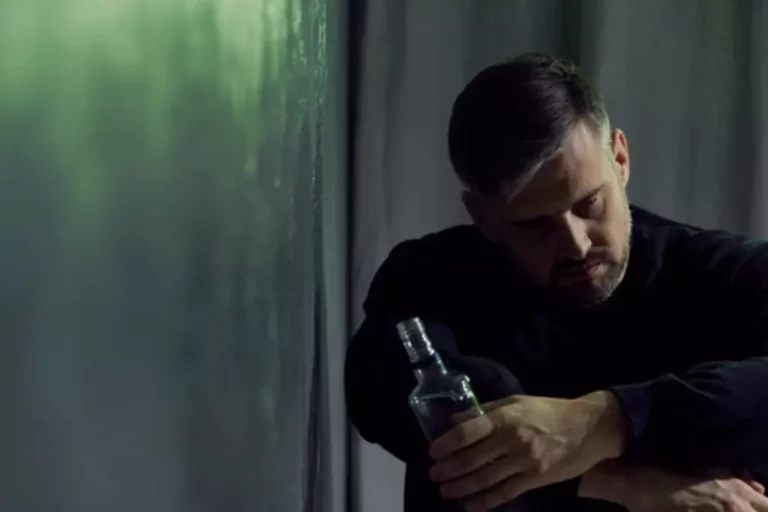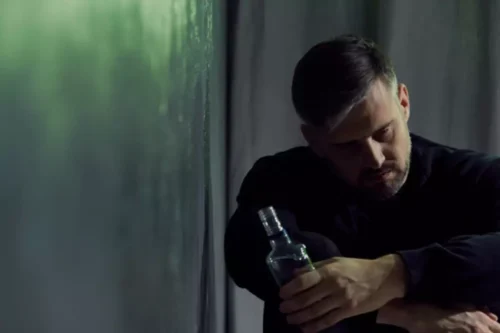
These facilities often provide additional services such as on-site counseling, holistic therapies like yoga and meditation, personal training sessions, and recreational activities. Inpatient residential treatment programs typically provide a structured and intensive treatment environment where clients live full-time, receiving constant medical care and therapy. This model is highly beneficial for individuals requiring a stable environment free from external triggers, thus significantly aiding in the initial stages of recovery. Sober living homes often serve as a transitional step for individuals who have completed an addiction treatment program, such as inpatient rehabilitation or outpatient counseling. These homes provide a supportive environment that helps individuals maintain their sobriety and apply the skills they learned during treatment in a real-world setting. Typically, sober living homes are situated in suburban areas, so there is a strong urban sober living movement in these areas.
Reasons Why Living a Sober Life is Healthier and More Satisfying

Sober living homes are alcohol and drug-free living environments that provide structured, transitional housing for men and women in recovery. Additionally, licensing bodies may collaborate with other agencies or organizations involved in addiction recovery support. For example, they may work closely with local chapters of national organizations like Alcoholics Anonymous or Narcotics Anonymous to ensure that the services provided by sober living homes align with best practices in the field. This collaboration helps to foster a comprehensive and integrated approach to addiction recovery. In addition to zoning requirements, operators must also demonstrate that their sober living home meets specific health and safety standards.
Sobriety
A halfway house often called a sober living house, is a residential community where those that have gone through medical detox or completed a treatment program go as the next step in their recovery. A halfway house offers residents the support they need to regain their self-esteem, retain their sobriety, and get the support they need as they begin their new life without drugs and alcohol. For residents, licensed sober living homes offer a sense of assurance and peace of mind.
Regulation and Licensing of Sober Living Homes
- By leveraging the strengths of both environments, individuals have a better chance of achieving and maintaining sobriety.
- Sober living homes provide a crucial stepping stone for those who have completed addiction treatment and are working towards rebuilding their lives in recovery.
- This includes identifying priorities, organizational processes, and necessary resources to meet the needs of staff and residents.
For those considering this option, it’s important to weigh these factors carefully and choose a home that best meets individual recovery needs. The core principles set by the National Association For Recovery Residences (NARR) are followed by individual standards that establish the minimum criteria for certification. Depending on the residence level, meeting each of the 31 standards across the 10 principles is required for certification. Residents may be required to continue participating in outpatient treatment, counseling, or support group meetings as part of their recovery plan. Residents are expected to treat fellow residents, staff, and visitors with respect, kindness, and consideration.

California Lawmakers are Somewhat Active in Trying to Pass Legislation to Introduce Sober Living Home Regulations

However, it’s important to note that federal laws such as the Fair Housing Act and the Americans with Disabilities Act provide protections to individuals in recovery, recognizing addiction as a disability. This means that local regulations must be carefully crafted to avoid discrimination against sober living homes, which are considered a form of disability housing. Licensing also provides operators with a framework for best practices and standards of care. The licensing process typically involves a thorough Hope House Boston Review evaluation of the facility’s operations, policies, and procedures.